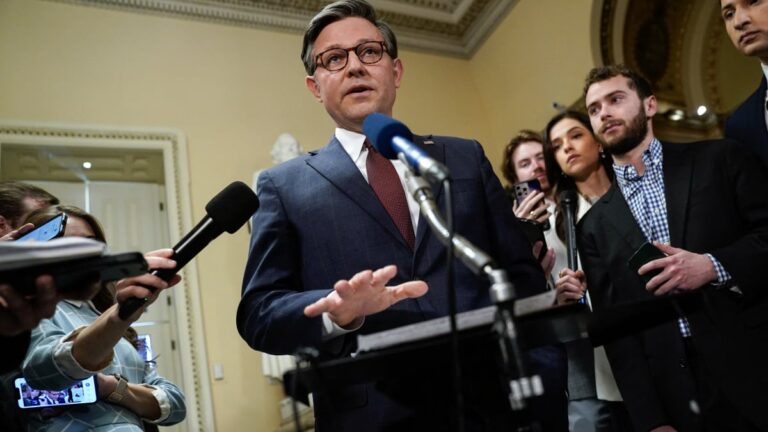A bill that could eventually ban TikTok is once again on its way to the Senate for approval, after passing the House for the second time in as many months.
An earlier version of the bill, which would also force TikTok’s Chinese parent company to sell the video app or face being banned in the United States, passed by the House in March but blocked in the Senate.
The revised “TikTok ban” legislation now comes with critical aid for Ukraine, Israel and Taiwan, part of an effort to gain enough bipartisan support in the Senate. It was also updated with a key timeline change: TikTok owner ByteDance is now expected to sell the platform in nine months instead of six, before the government imposes its “ban” on the app. And the president now has the option to grant a single 90-day extension to that nine-month deadline. In total, these changes essentially double the lifespan of ByteDance, from six to 12 months.
With these updates, the bill passed the House by a vote of 360-58 on April 20 and could pass the Senate as soon as this week. Then it would go to President Biden, who has committed to signing it.
The idea of ”banning” the app began under President Trump, but has been taken up in earnest by congressional lawmakers and President Biden, who say China could use the app to spread propaganda or disinformation via the application’s algorithmic feeds. Even though the president has expressed unequivocal support for the idea of banning TikTok, he is still using the platform: his re-election campaign opened an account on TikTok in February.
Yesterday in the House of Representatives, Foreign Affairs Committee Chairman Rep. Michael McCaul (R-TX) said TikTok amounts to “a spy balloon in Americans’ phones” that can “monitor and exploit America’s personal information.
TikTok denied the claims and highlighted the app’s impact on everyday Americans, tell USA Today that “it is regrettable that the House of Representatives is using the guise of significant foreign and humanitarian aid to once again pass a ban bill that would trample the free speech rights of 170 million of Americans, would devastate 7 million businesses and close a platform. this contributes $24 billion to the U.S. economy annually. »


